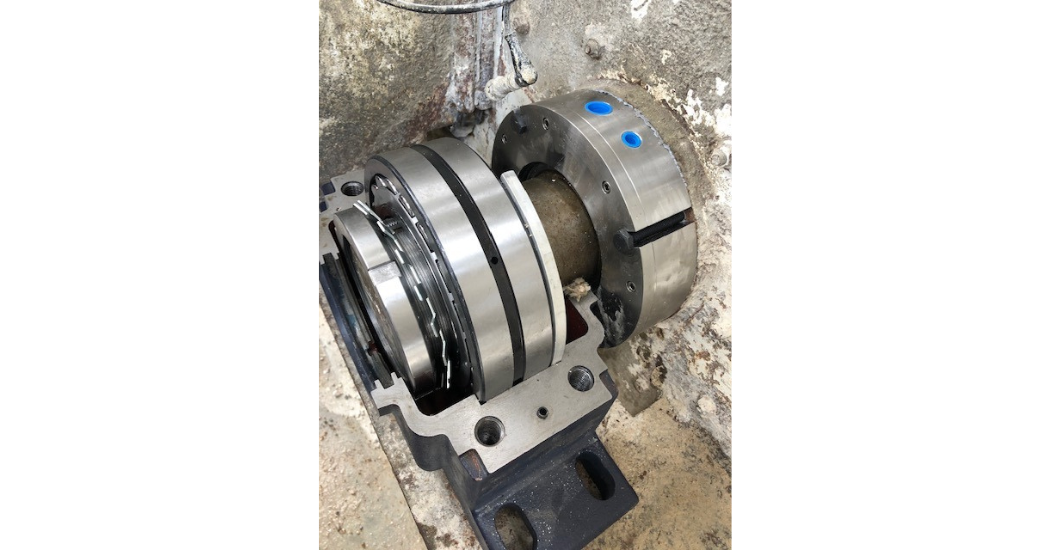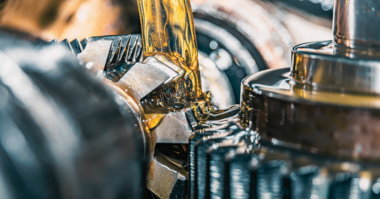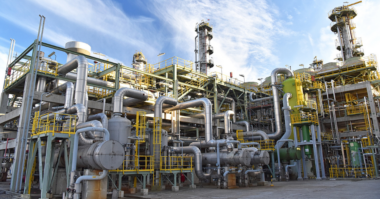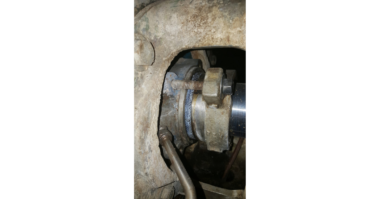Reduced Fluid Leakage: High-quality SEPCO pump sealing solutions minimize or eliminate fluid leakage from pumps and other rotating equipment. This directly reduces the loss of valuable process fluids, preventing wastage and the need for additional resources to replenish lost fluids. It also helps maintain consistent process efficiency.
Energy Efficiency: Effective sealing solutions help reduce friction and inefficiencies within the pump. Pumps operating require less energy to maintain the desired flow and pressure. This translates into lower energy consumption and reduced greenhouse gas emissions, contributing to energy efficiency and environmental sustainability.
Extended Equipment Life: Proper sealing solutions help protect the pump and associated equipment from premature wear and damage caused by fluid leakage and friction. This prolongs the life of the equipment, reducing the frequency of replacements and the resources required for manufacturing and disposal, thus minimizing the environmental footprint.
Emission Reduction: Leakage from pumps can lead to the release of hazardous or environmentally harmful substances into the surroundings. Effective seals prevent such emissions, protecting the environment and ensuring compliance with environmental regulations.
Resource Conservation: By preventing fluid leakage and reducing the need for frequent maintenance and replacements, sealing solutions contribute to the conservation of resources, including materials and energy used in the manufacturing and disposal of equipment and components.
Minimized Maintenance: Quality sealing solutions often require less maintenance and replacement, reducing downtime and the need for maintenance personnel and spare parts. This not only saves time and resources but also minimizes the environmental impact associated with maintenance activities.
Process Optimization: Proper sealing solutions help maintain process efficiency and stability, ensuring that industrial processes run smoothly. This reduces the likelihood of process upsets and product quality issues, further contributing to sustainability by minimizing material waste and resource consumption.
Compliance with Regulations: Many industries are subject to strict regulations regarding emissions, safety, and environmental impact. Using reliable sealing solutions helps companies meet these regulations and avoid fines or legal repercussions, promoting sustainability through responsible business practices.
Proper pump sealing solutions are a vital component of sustainable industrial operations. They help reduce fluid leakage, enhance energy efficiency, extend equipment life, minimize emissions, conserve resources, optimize processes, and ensure regulatory compliance. These benefits collectively contribute to more sustainable and environmentally responsible industrial practices.




